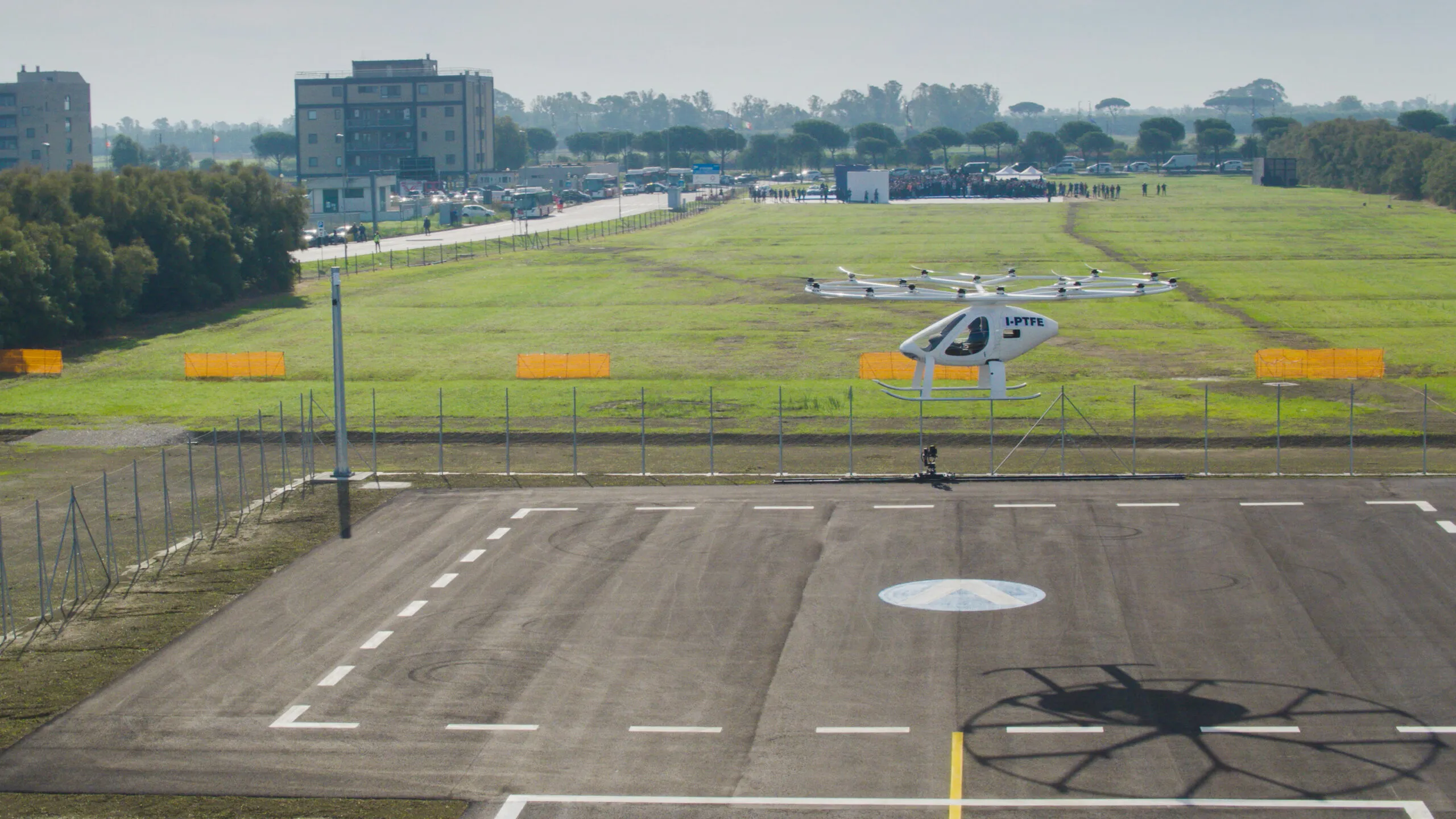Following investigations by FIA Region I member Club ADAC, the German Automobile Association, results on data tracking and transfer for two connected vehicles, a Mercedes B Class and Renault Zoe, have been reported.
In addition to tests previously carried out, the new data suggests that different models and brands of connected cars are consistently tracking the data of drivers to a high degree. The results show that vehicle data is being shared with auto manufacturers every two minutes.
The new result
June 14, 2016
Read time: 2 mins
Following investigations by FIA Region I member Club ADAC, the German Automobile Association, results on data tracking and transfer for two connected vehicles, a Mercedes B Class and Renault Zoe, have been reported.
In addition to tests previously carried out, the new data suggests that different models and brands of connected cars are consistently tracking the data of drivers to a high degree. The results show that vehicle data is being shared with auto manufacturers every two minutes.
The new results include the charging stage of the Renault battery, as well as its GPS position, which is accessible on demand by Renault and sent at a maximum of 30-minute intervals. Data reported on the Mercedes included tightening of seat belts due to sudden breaking, mileage in highway and urban conditions, the number of high engine revolutions, mileage reading, fuel consumption and level and tyre pressure. In addition its GPS position was reported every two minutes.
Jacob Bangsgaard, FIA Region I director general, said: “The results of the newly tested vehicles show that what automobile manufacturers are tracking seems to be consistently invasive across brands. Consumer choice is non-existent today, with the auto manufacturers as the default and only option with whom to share vehicle data. Consumers deserve better.”
Based on these new findings, FIA Region I is reminding policymakers about raising public awareness on vehicle data and calling for privacy legislation and a fair after-market for connected vehicle services.
In addition to tests previously carried out, the new data suggests that different models and brands of connected cars are consistently tracking the data of drivers to a high degree. The results show that vehicle data is being shared with auto manufacturers every two minutes.
The new results include the charging stage of the Renault battery, as well as its GPS position, which is accessible on demand by Renault and sent at a maximum of 30-minute intervals. Data reported on the Mercedes included tightening of seat belts due to sudden breaking, mileage in highway and urban conditions, the number of high engine revolutions, mileage reading, fuel consumption and level and tyre pressure. In addition its GPS position was reported every two minutes.
Jacob Bangsgaard, FIA Region I director general, said: “The results of the newly tested vehicles show that what automobile manufacturers are tracking seems to be consistently invasive across brands. Consumer choice is non-existent today, with the auto manufacturers as the default and only option with whom to share vehicle data. Consumers deserve better.”
Based on these new findings, FIA Region I is reminding policymakers about raising public awareness on vehicle data and calling for privacy legislation and a fair after-market for connected vehicle services.









